
What does it mean?
How does one become a person of character?
- It’s the 3-year-old who, seeing a friend’s concern when her mother leaves, pats her arm and tells her, “Don’t worry. Grown-ups always come back.”
- It’s the fourth grader who, moved by the suffering following the earthquake in Haiti, rallies the school community to raise money for disaster relief.
- It’s the young graduate who, when he doesn’t make the middle school soccer team, goes to the coach to ask how to improve.
All of these actions require empathy and more than a little courage.
It’s our privilege as a Christian school to educate the whole child — mind, body, and spirit. We nurture, cultivate, and challenge our students, each of whom is special and uniquely designed by God, to stretch their motivations, empathy, and abilities to reach out to others. By the time they move on from Park Street School, they have learned the importance of showing respect for others, being compassionate, taking risks, and living lives of generosity. They are prepared to be outstanding scholars and active citizens.
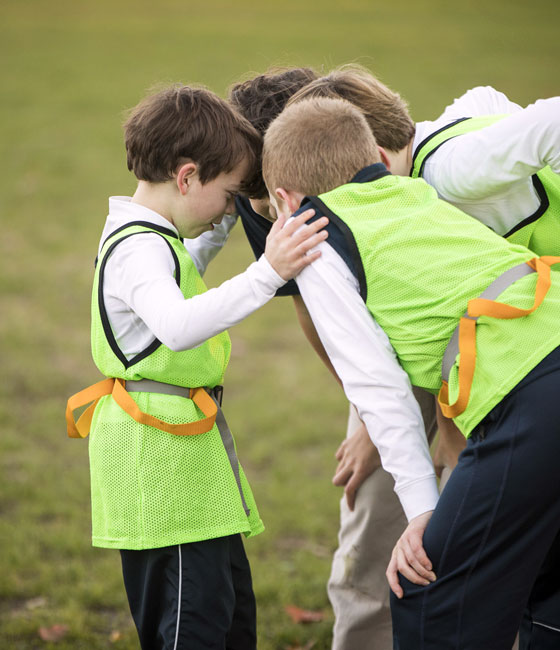
Ways Children Learn About Character
We see it modeled.
Our teachers and staff demonstrate compassion and treat others with kindness. They seek to show respect for one another and students. Through service projects, but also through daily teachable moments in the classroom, our faculty members have opportunities to demonstrate integrity, think of others’ needs first, and to treat others with dignity.
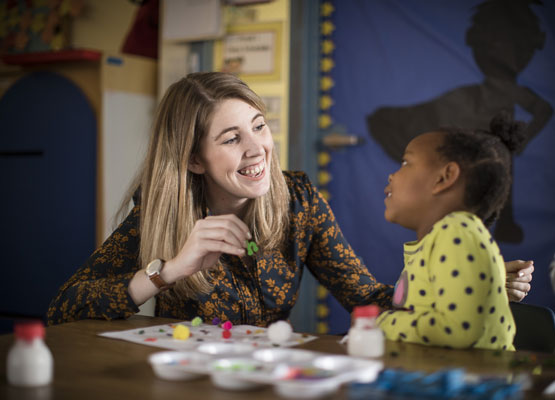
We learn to show kindness, respect, and integrity from what we read in the Bible.
Opportunities abound regarding what we learn about God and the men and women whose stories are told in the Bible. We are reminded of God’s kindness to us, and how we can be kind to others. Second graders learn how God wants us to treat people when studying the Trail of Tears during the Westward Expansion unit. Fourth graders discuss how we can exhibit Christ-like qualities when reading about Sir Galahad and chivalry in the Middle Ages. Preschoolers hear the story of the Good Samaritan in chapel and realize it is kind to stop to help people in need.
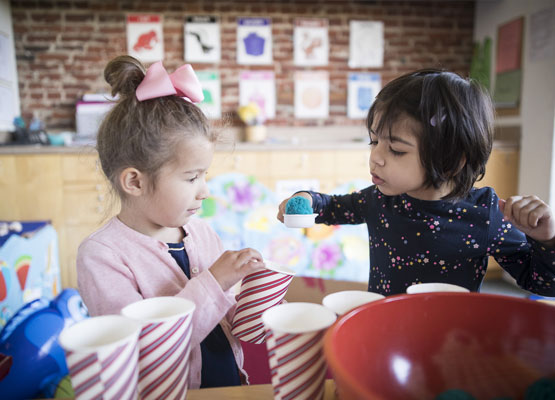
We are encouraged to take risks and try new things.
It takes courage and resilience to take risks. Within a caring and nurturing environment, we encourage one another to try new things and safely take risks.
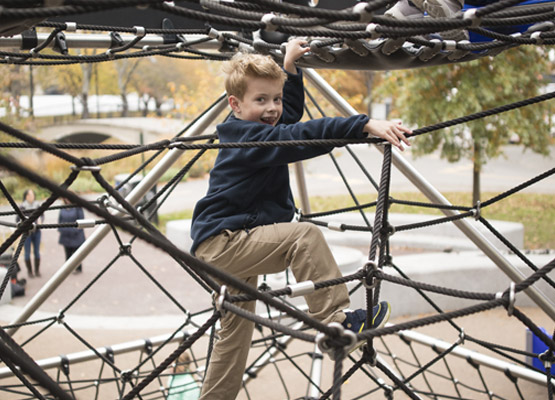
We learn from our mistakes and try again!
We try and try again! We are challenged to not give up. We learn that our unsuccessful attempts are not failure, but resilience to see something through. We learn from what hasn’t worked.
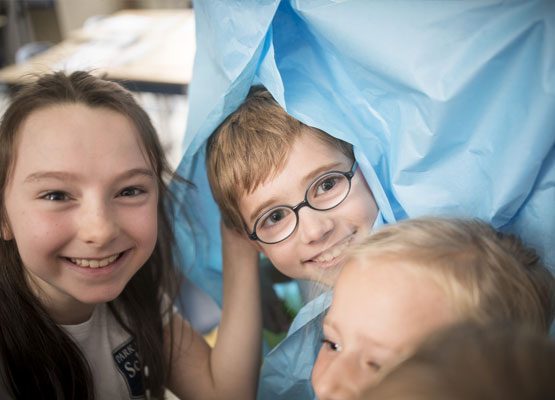
Frequently Asked Questions
Learn more about what it means to be a Christian School
Our faith in Jesus Christ is our cornerstone. From this foundation, we seek to provide an environment of respect, balance, and fairness regarding faith and its questions.
